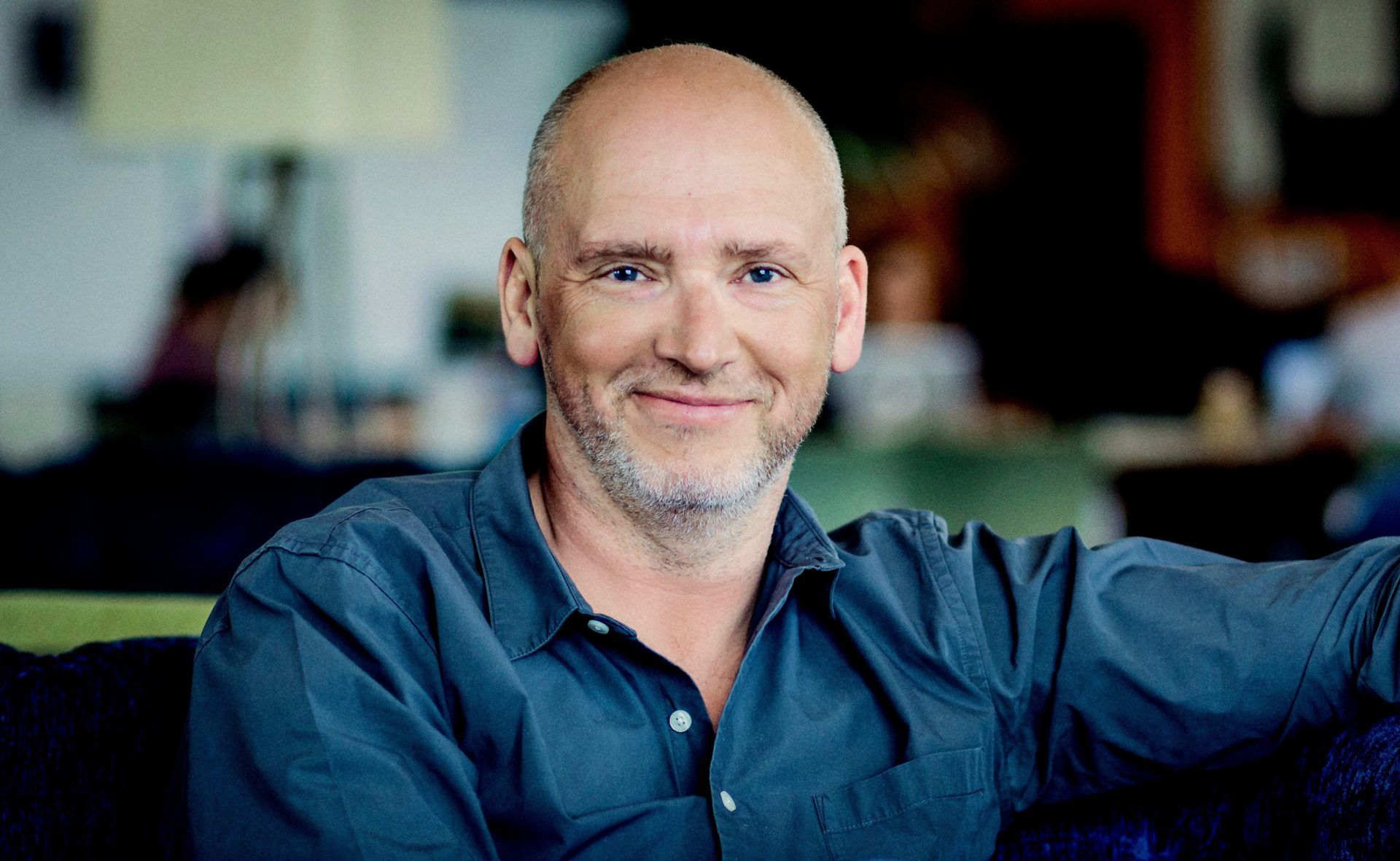At Christmas, turkey on your plate — that’s a good thing. Placing dirty plates in a turkey of a dishwasher —that’s a bad thing.
At Christmas, watching heart-breaking tragedy and edge-of-your seat drama unfold on your new smart TV — that’s a good thing. Realizing your new TV is an energy-using tragedy and watching that drama unfold on your utility bill — that’s a bad thing.
A couple of weeks ago, I shared some numbers regarding how atrocious a buying decision we tend to make on Black Friday. The very day that is billed (marketed) as the opportunity to buy smart is most likely the worst day to try and do that. Not only is our decision-making clouded by impulse, but it’s more than likely many if not most of the products on sale over Black Friday are inferior in terms of components. This all adds up to us both ignoring crucial energy efficiency information (information we’re far more likely to pay attention when buying under less impulsive conditions) and then choosing from products that are probably way below the energy efficiency specs of newer and better products. And that in turn adds up to potentially a $40 million an hour consumer mistake.
‘Tis the season to be jolly. So why mention again such a miserable and sobering story? Because we’re about to hit another peak shopping period, and there’s every chance we could all make the same mistake again.
The season to be jolly — that’s a good thing. The season to abandon rational thought and common sense — that’s a bad thing*.
Ho Ho ….oh.
To make the case, I’m drawing on data from our UK client E.ON, who uses the newest version of Enervee Marketplace. Looking again at the Black Friday stats, Currys reported they were selling TVs at the consistent rate of 30 per minute on Black Friday. Total that up, and we get to 21,600 TVs sold on Black Friday between 8am and 8pm. So how bad could that decision have been? Assuming the TVs sold were all between 40" and 50" screen size (which is typical now for the UK), and assuming those buyers would use those TVs for 5hrs a day (the average for the UK) and have the TV for 10yrs (again, the UK average), then the most efficient TV in that category would cost one of those buyers just £100 over its lifetime. But the least efficient TV would cost almost 5x that in energy.
If we then think about all those TVs sold in that single day (from that single retailer), then we as consumers could have just thrown away £2, 760,000.
Nearly £3million given to unnecessary energy usage. Nearly £3million donated to climate change. Nearly £3million taken from your pocket.
And that’s the difference between the most efficient and those of average efficiency. If we think many of those TVs were sub-standard (again, because of component use etc), then that figure climbs north of £7million. Remember, one product, one retailer, one day.
We’ve already reported this story — it’s a shocking demonstration of a profound market failure in the sense that we as consumers do not make choices in our best interests — which is exactly what market structures should do.
Fewer Donkeys…
So as we’re on the subject of market failure, what happens if we think about this market failure in the context of a more genuine approximation for the appliance and electronics market? Let’s take just three product categories. Three products that most of us have, and consider a staple of modern convenient life: tumble dryers, dishwashers and fridge-freezers.
Using Euromonitor data (2016), combined with product performance data from Enervee’s Choice Engine platform, we’re able to estimate the financial mistake of buying average efficiency products rather than the most. Using UK average lifetimes and usage rates, if every purchase of these products in 2016 was the most efficient, then over the product’s lifetime that would save consumers more than £12 billion.
£12,65,830,000 to be a little more precise.
While that number sinks in, two quick points to make. One, this figure isn’t saved by watching less TV, tumble-drying fewer pairs of socks or keeping your milk not quite so cold. These products perform in exactly the same way, and we as consumers could still use them in the same way.
The only behaviour we’d need to change to save £12 billion is to click on the better product before we buy it.
Second, this looks at only three product categories. That’s a lousy approximation for the entire market — just think of everything in your home right now that has a plug on the end.
…and more wise men
At Enervee, we are convinced this single behavioural intervention could not just save us billions, but have a colossal positive impact on carbon emissions. More than that, providing the information to consumers in an easy to understand format, and at the right moment could enable and nudge us all to make a better decision. That’s a wise move. It could animate the market, finally engaging consumers en masse in making energy smart choices, and incentivize leading manufacturers to design and showcase such choices.
But we’re getting ahead of ourselves. It’s Christmas after all.
So let’s just say this: Enervee’s here to make sure the only turkey we buy this Christmas is the one that’s served on a plate with all the trimmings, and with all the family.
Merry Christmas and Happy Holidays!
